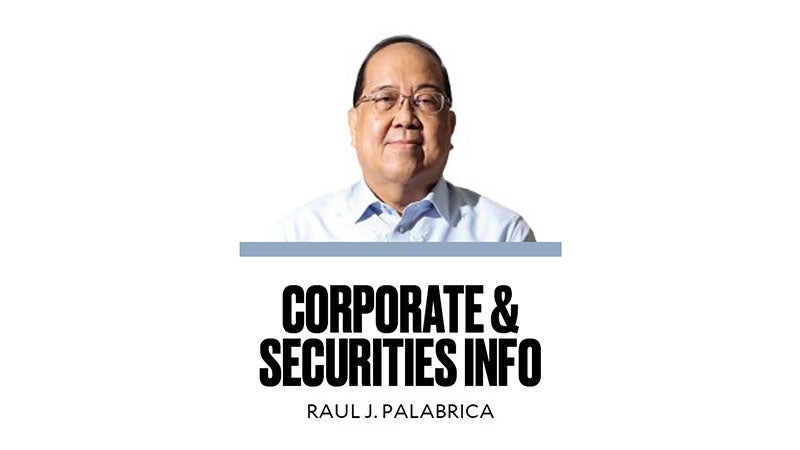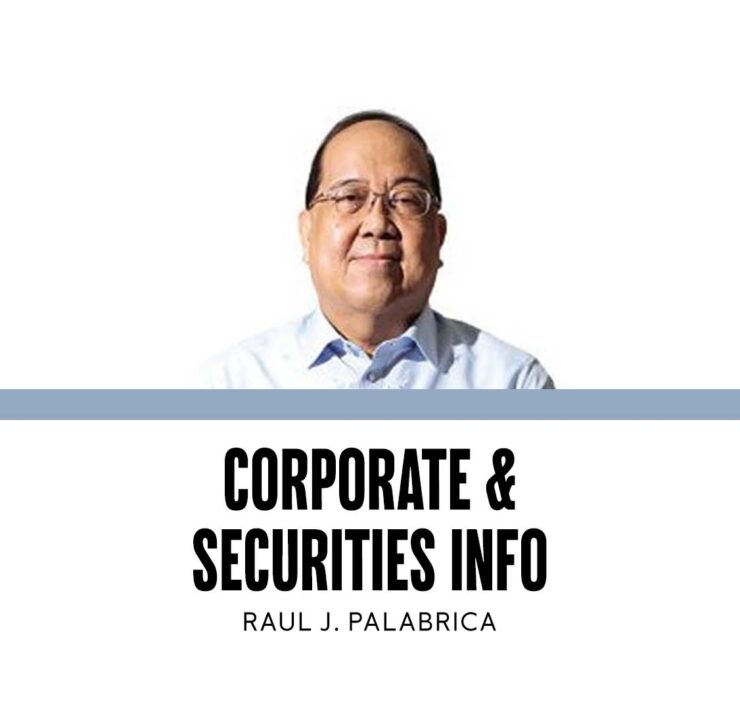Copyright breach in election campaigns

The time between the last day for the filing of certificates of candidacy for the 2025 midterm elections and the start of the official campaign periods may be described as the lull before the storm.
For national elections, that period is from Feb. 11 to May 10, and for local elections it’s from March 28 to May 10. Based on past experiences, the candidates are expected to go full blast and pull all stops during those days to be on the good side of their voting constituencies.
Ahead of those periods, many of the candidates, in particular, the senatorial aspirants, have been going around the country attending religious festivities, sports activities and socio-civic gatherings to increase their visibility.
Behind the scenes, the political and media handlers of wannabees who are really serious about running for office (as against those who are in it only for two minutes of fame) are mapping the strategy on how to make use of the limited campaign period to increase the chances of their candidates.
Aspirants with deep pockets can make full use of the maximum number of newspaper space and minutes of radio and TV exposure they are allowed by existing regulations to purchase. These are in addition to social media content that their staff can post in cyberspace.
Those with limited financial resources may have to rely more on social media in their vote solicitation or come up with campaign gimmicks that would attract the attention of their target voters and hopefully, get their vote.
In past elections, many candidates resorted to, among others, inserting their names in songs that were widely sung in certain age levels, using campaign jingles that rhyme with catchy advertisement phrases and playing tunes in campaign sorties without the permission of their composers.
Doing the same things would be a lot easier these days at less cost because of the availability of artificial intelligence and other computer-aided instruments.
There is a common mistaken notion that any written or audio material that has gained wide public attention or has been repeatedly played on radio or TV becomes public property and therefore is free for anybody to use in whatever way he or she may want to.
Sadly, this practice has become prevalent even if the copyright owners of those songs, images and videos had publicly aired their demand that their right of ownership over the product of their intellect be respected or honored.
Copyright, or legal ownership of intellectual property (IP) or original works of fiction or nonfiction that gives its originator or creator the right to control its reproduction and distribution, is routinely and openly violated during election campaigns.
Some candidates in lower level positions in municipalities in far-flung regions cannot be faulted for their lack of awareness of the rules on copyright, and consider the use of copyrighted materials in their campaign without the prior permission of their owner as a harmless or acceptable practice.
The concept of IP is hardly a household word and often on the on-and-off occasions it is discussed in traditional media or talk shows, it is not taken seriously.
But the same cannot be said of senatorial, congressional and party-list candidates who, based on their personal and professional credentials, should be fully aware of copyright rules.
They cannot feign ignorance or lack of understanding of its parameters and cite that as justification for not seeking the permission of the owners of materials they intend to use in their campaign.
All it takes to find out the identity and whereabouts of the author or creator of any IP is to go to the search engines on the internet. If that person agrees to the use of his or her IP for a certain sum of money, it’s only fair that the candidate pays it because if he or she gets elected, the financial returns from his or her election would be significant.
The sad thing is, some candidates have no qualms about spending a lot of money on campaign materials, but are stingy when it comes to compensating the creators of IPs they use in their campaign.
For comments, please send your email to rpalabrica@inquirer.com.ph.


















